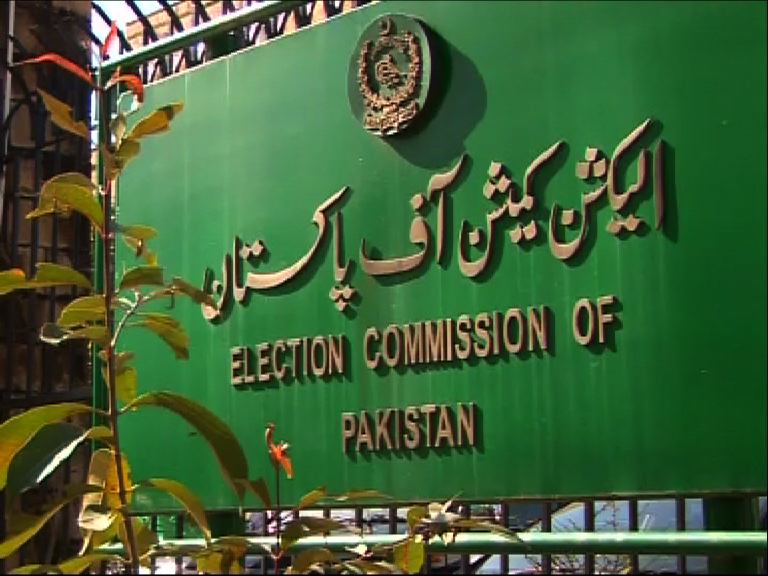ISLAMABAD: The Election Commission of Pakistan (ECP) has stayed silent on a decision that could alter the balance of power in the National Assembly and reshape the political landscape.
The ECP finds itself in a delicate position amid a political and judicial standoff between the Parliament and the Supreme Court, with both institutions pressing for a swift resolution on the allocation of reserved seats.
Following a decisive Supreme Court ruling on seat allocation and multiple requests from National Assembly Speaker Sardar Ayaz Sadiq, many are watching the ECP, expecting it to settle the contentious issue.
However, the delay has sparked questions: Is the ECP caught between conflicting pressures from Parliament and the judiciary, or is it carefully deliberating its options?
Experts criticized the ECP’s delay, suggesting it reflected a lack of independence and an alignment with government interests. They highlighted concerns around recent legislative changes, including the 26th Constitutional Amendment and the extension of the army chief’s tenure, suggesting such “key legislation” is happening under a partially constituted Parliament, which raises ethical questions.
The matter began with a Supreme Court ruling that identified procedural failures within the ECP and asserted the Pakistan Tehreek-e-Insaf (PTI) was eligible for reserved seats in both national and provincial assemblies. In response, the Parliament enacted the Elections (Second Amendment) Act of 2024, restricting party-switching among independent candidates.
Meanwhile, the National Assembly Speaker urged the ECP to consider parliamentary authority in assigning these seats.
Caught in the crossfire, the ECP faces conflicting directives: the Supreme Court’s ruling which recognizes PTI’s entitlement to reserved seats, and the speaker’s emphasis on respecting recent electoral amendments.
The Supreme Court’s decision, if implemented, would grant PTI significant influence, potentially reducing the ruling coalition’s two-thirds majority in the Assembly. This possibility has fueled debate over the ECP’s course of action amid the standoff between Parliament and the judiciary.
President of the Pakistan Institute of Legislative Development and Transparency (PILDAT) noted in a recent analysis that 77 of the 226 reserved seats in the National Assembly and provincial assemblies remain in question, as the others have already been allocated according to party proportions.
He explained that both the Supreme Court’s July 12 order and the latest election amendment remain in effect, and the issue is still open to interpretation, especially following recent changes to the Supreme Court’s composition and procedural updates in how constitutional cases are heard.
I am an experienced writer, analyst, and author. My exposure in English journalism spans more than 28 years. In the past, I have been working with daily The Muslim (Lahore Bureau), daily Business Recorder (Lahore/Islamabad Bureaus), Daily Times, Islamabad, daily The Nation (Lahore and Karachi). With daily The Nation, I have served as Resident Editor, Karachi. Since 2009, I have been working as a Freelance Writer/Editor for American organizations.










